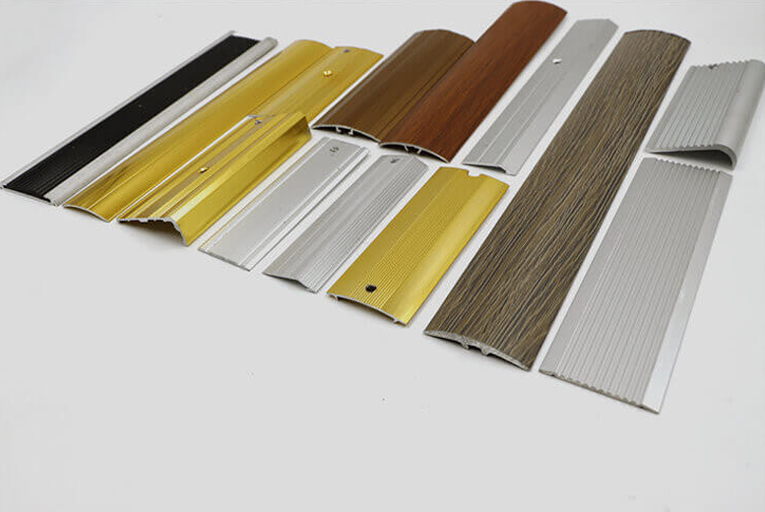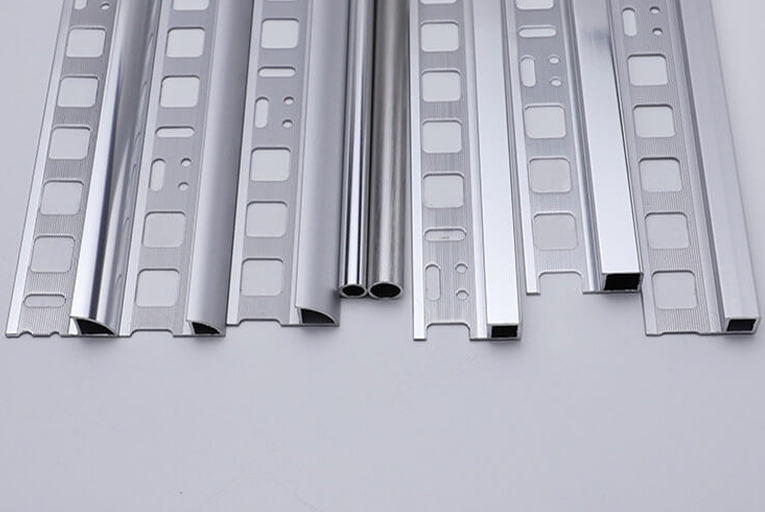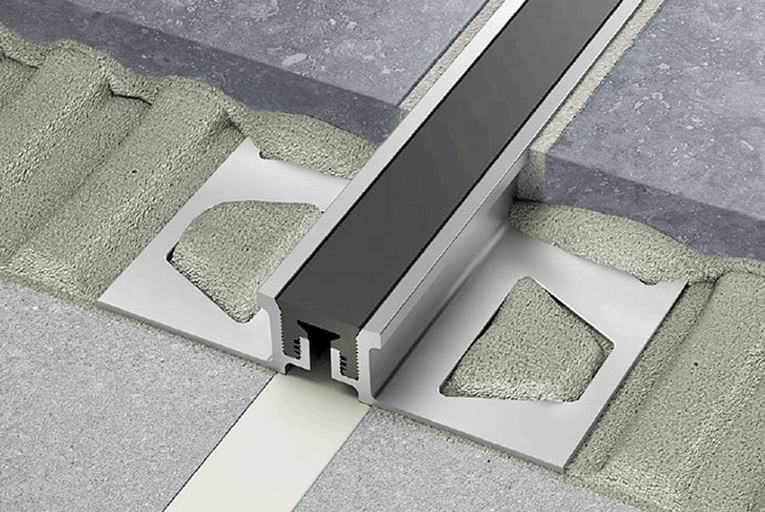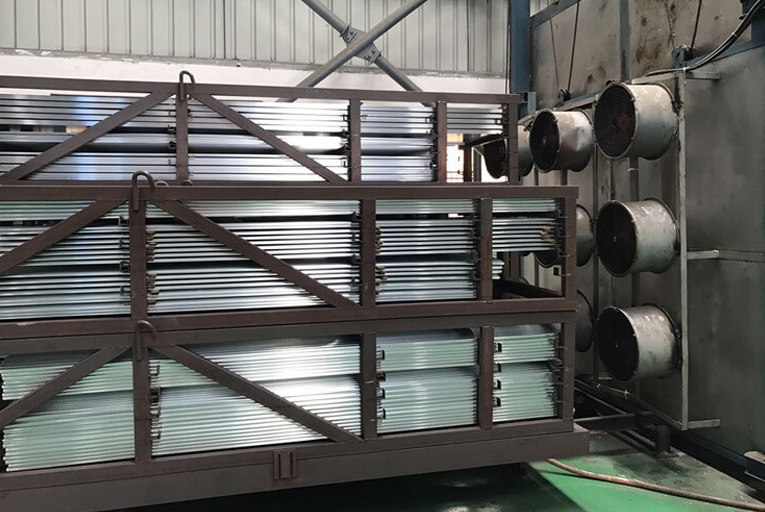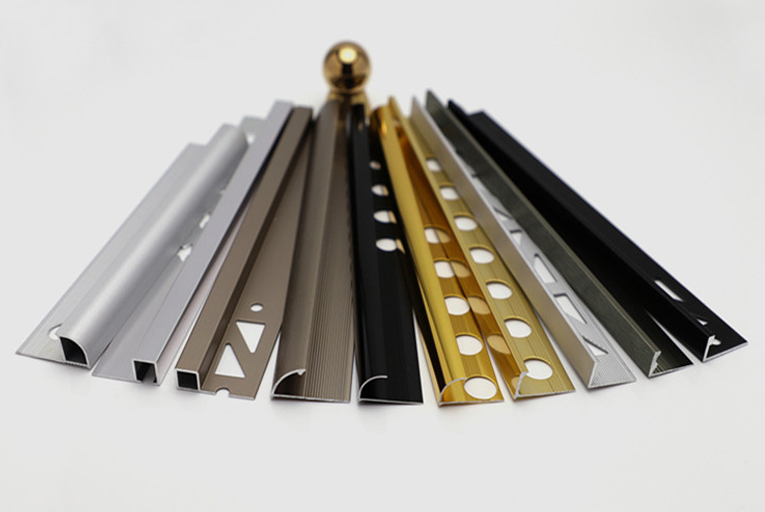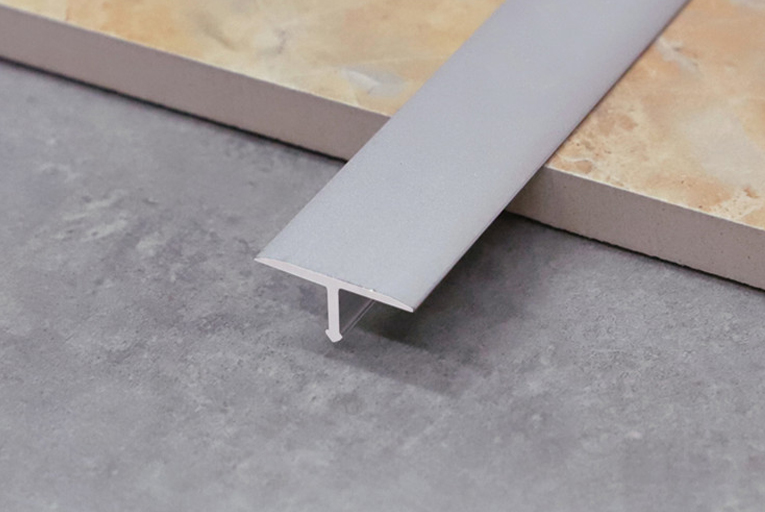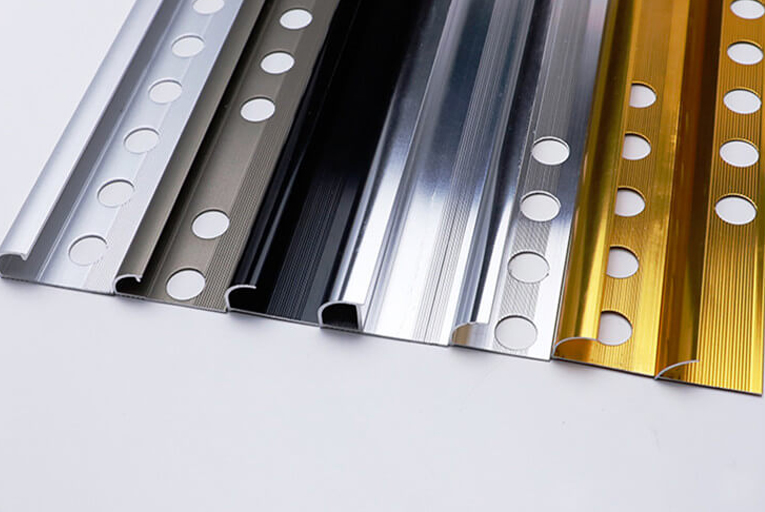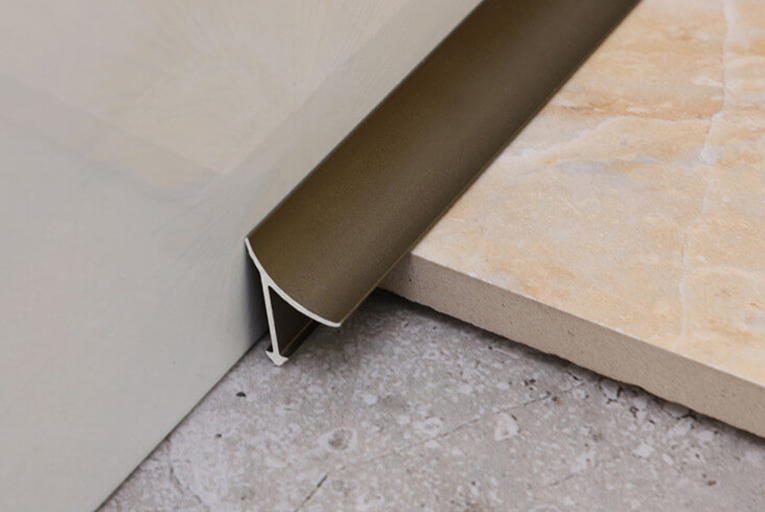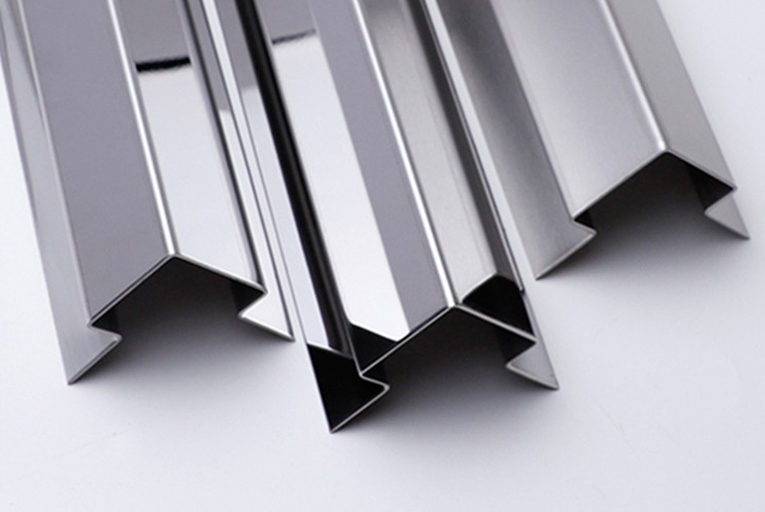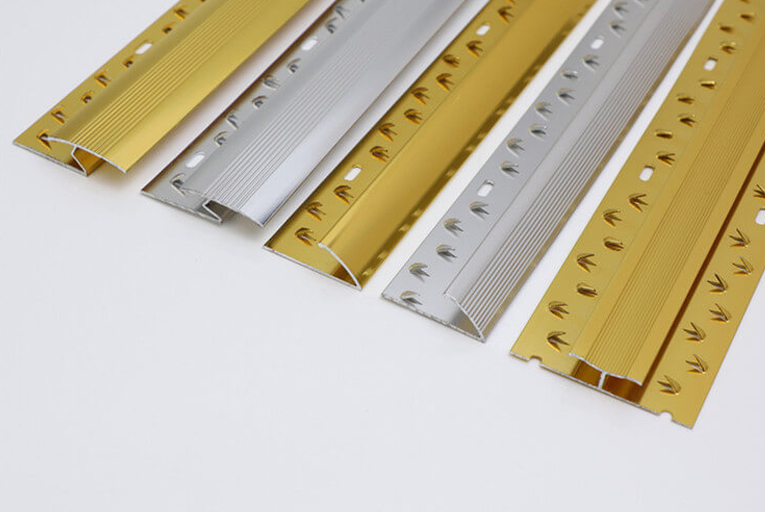Eco-Friendly Options- Sustainable Practices in External Corner Trim Production
In response to growing environmental concerns, the building industry is actively seeking eco-friendly alternatives to traditional construction materials and practices. One area where significant progress has been made is in the production of external corner trim, an essential component for protecting the edges of exterior walls. This article explores various sustainable practices that have transformed the industry, focusing on eco-friendly options for external corner trim production.
Recycled Materials
Utilizing recycled materials is a cornerstone of sustainable manufacturing. Many manufacturers of external corner trim now incorporate recycled plastics, metal, and wood fibers into their products. These materials not only reduce the environmental impact by diverting waste from landfills but also conserve valuable natural resources.
Energy-Efficient Processes
The manufacturing process for external corner trim can be energy-intensive, especially when using traditional methods. Eco-conscious manufacturers have implemented various energy-saving techniques, such as optimizing equipment efficiency, utilizing renewable energy sources, and reducing material waste. These measures significantly lower the carbon footprint associated with trim production.
Sustainable Materials
Beyond recycled materials, manufacturers are exploring sustainable alternatives to traditional materials. Composites made from a combination of natural fibers, such as bamboo or flax, and recycled plastics offer a durable and eco-friendly option for external corner trim. These composites are resistant to rot, insects, and moisture, making them suitable for even the most challenging outdoor environments.
Design for Durability
Designing external corner trim for durability plays a crucial role in sustainability. Durable trims require less frequent replacement, reducing waste and minimizing the need for maintenance. Manufacturers have developed innovative designs that enhance the strength and longevity of their trims, ensuring they withstand harsh weather conditions and everyday wear and tear.
Life-Cycle Assessment
Conducting life-cycle assessments (LCAs) provides a comprehensive understanding of the environmental impact of external corner trim production. LCAs consider all aspects of a product’s life cycle, from raw material extraction to disposal. By analyzing the environmental impact at each stage, manufacturers can identify areas for improvement and optimize their sustainability efforts.
Third-Party Certifications
Third-party certifications, such as those from Forest Stewardship Council (FSC) and GreenGuard, serve as independent verification of a product’s sustainability. These certifications ensure that external corner trim is produced using responsible forestry practices and meets indoor air quality standards.
Conclusion
Eco-friendly options for external corner trim production are transforming the building industry. By embracing sustainable practices, manufacturers are reducing the environmental footprint of construction projects, conserving natural resources, and promoting healthier living environments. Architects, contractors, and homeowners alike can make informed choices by opting for eco-friendly trims, contributing to a more sustainable future for the built environment.
-
The 6 Hottest Tile Trim Solutions for 2021
2022-02-09 -
How to Install Tile Trims Line?
2022-02-09 -
Difference Between Sandblasting and Anodizing Surface Treatment of Aluminum Tile Trim
2022-02-09 -
The Different Uses of Tile Outside Corner Edging Trim and Inside Corner Edging Trim
2022-02-09 -
The Most Popular 5 Different Materials of Tile Trim Line
2022-02-09 -
What is Carpet Cover Trim?
2022-02-09
